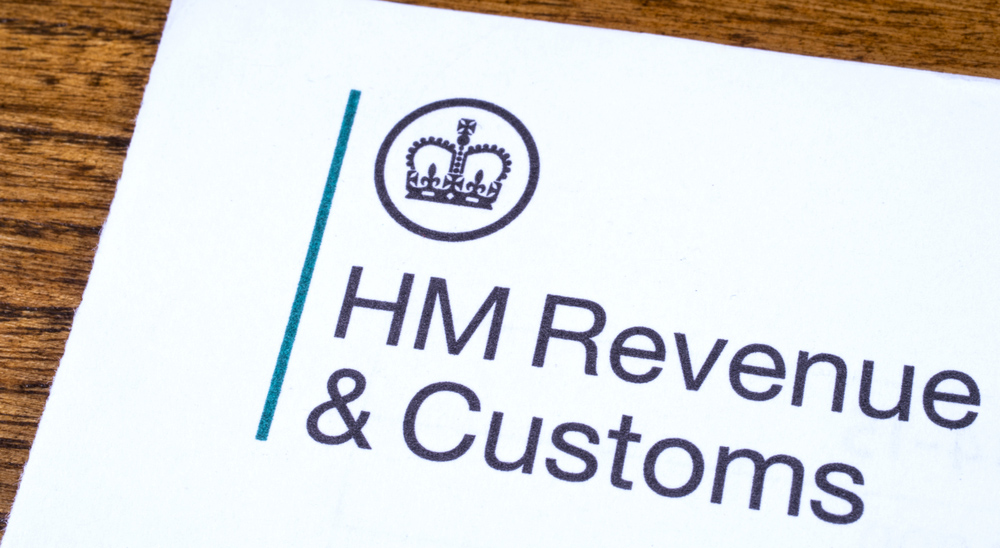Criminal Finances Bill receives Royal Assent
Fri 28 Apr 2017
New corporate criminal offences are being introduced for the failure to prevent the facilitation of tax evasion (in respect of UK and overseas tax).
As the Criminal Finances Bill received Royal Assent on 27 April 2017, businesses need to press ahead with putting reasonable prevention procedures in place. Key to these is the risk assessment of the risks of tax facilitation offences, which should be documented. The business should use this to identify any gaps in current risk management procedures and implement change accordingly. It is important this has support from the top level within the business and that staff and other ‘associated persons’ are given appropriate training. Businesses also need to consider their terms of business, so these are updated to reflect the business’ zero tolerance stance in relation to the facilitation of tax evasion.
The new rules do not only affect UK businesses. The UK offence can be committed by a business regardless of where it is incorporated/ based. The overseas tax offence is different and requires ‘UK nexus’, such as the business having a presence such as a branch in the UK, or the offence being committed by staff or other associated persons whilst in the UK. The sanctions include unlimited fines, but regulatory implications will also be of huge significance for businesses.
The new rules do not change existing offences for tax evasion or its facilitation. What they do do is to make it much easier for HMRC to be able to successfully prosecute businesses that facilitate tax evasion, as it will no longer be necessary to prove that the directing mind of the organisation was aware of the facilitation. Provided a business has reasonable prevention procedures in place, it will have a defence against prosecution in the event a facilitation tax offence is committed.
The commencement date for the new provisions will be announced in Regulations, but is expected to be the end of September 2017 to coincide with the first information exchanges under the Common Reporting Standard. HMRC released draft guidance on these new provisions, and we can now expect to see these released in final form.



Comments